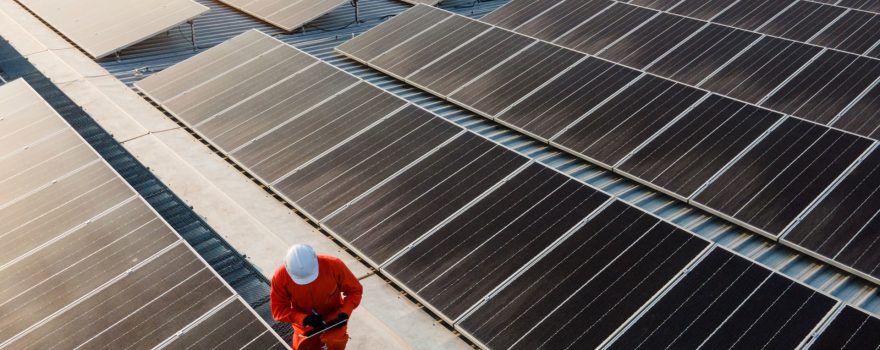
Clean energy producers and green home renovation companies will benefit greatly from the Inflation Reduction Act, which passed the Senate last week, if it becomes law.
As for wholesale production, one estimate is that by 2030 we will see more than a doubling of “clean energy” production at the utility level and more than a tripling of wind, solar and storage production, among others. Consumer tax credits for green retrofits will increase dramatically from a one-time $500 credit to an annual credit of $1200, allowing consumers to do multiple upgrades over several years and receive tax credits every step of the way. These credits will subsidize the purchase of these products and services and should spur additional sales for companies that offer them. And because of the annual component, it should encourage sales for years to come.
“Taxpayers can finance various energy-efficient upgrades over a 10-year period. Insulation one year. Windows and doors one more year,” Vincent Barnes, senior vice president of policy and research at the nonprofit Alliance to Save Energy in Washington, D.C., told The Wall Street Journal.
In total, those tax credits total $14.5 billion for the job. That’s in addition to the “home energy rebates,” which will further reduce the cost of specific consumer installation projects like heat pumps. And tax credits for wind and solar installations get an additional 10 to 20 percent boost when they are built in some poor areas or on Native American land.
Another area worth seeing the big benefits of producing and disposing of “green” equipment, with up to $10 billion in credits. These include renewable energy equipment, energy storage, grid upgrades and other key green technologies.
In all of these programs, a key innovation in the Inflation Reduction Act is the transfer of credits for consumer purchases: instead of consumers paying full price up front and then claiming the credit when they file their tax returns, they can now transfer the credit to another company – like a manufacturer or installer, or a finance company that works with them – creating an immediate rebate that is likely to stimulate sales. However, this transfer can only be done once, which means that a company that buys a lot of credit from its customers may end up with a lot of loans and little cash. Thus, companies making prepaid sales will need to make sure they have set up the right credit arrangements, lender relationships, and cash flow operations to see them through.




